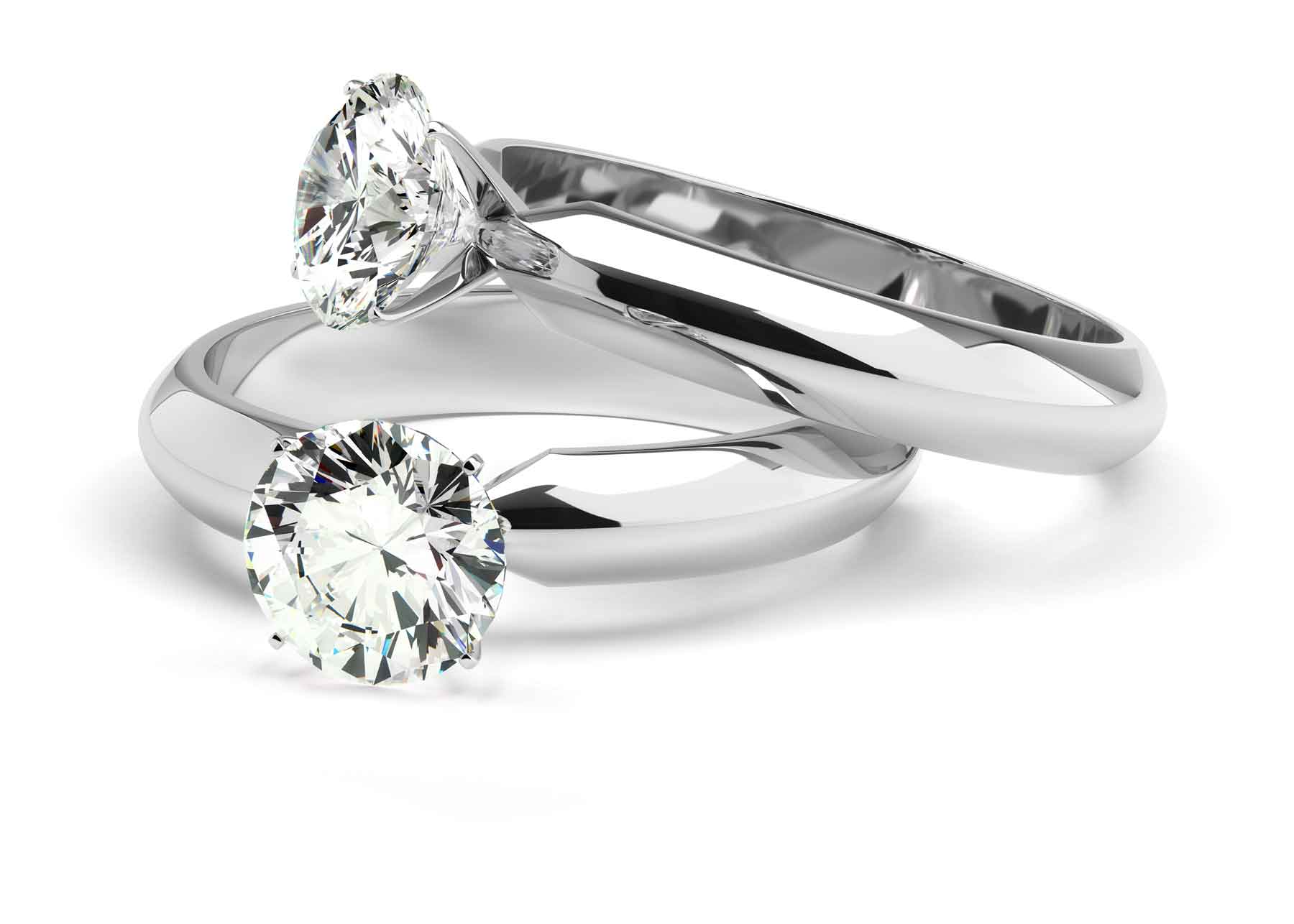When Will We Start Treating Lab-Grown Diamonds Like a Product Instead of Like an Intruder?
The jewelry industry continues to take polarized positions on lab-grown. It seems like every time we've grown past this debate, another social media group comes to virtual blows over the topic. I'm not surprised - it was the same conversation when Chatham first started offering lab-grown emeralds and rubies. But it's not useful. Not to us, not to our customers.
You don't see grocery stories saying, "we won't carry organic/gluten-free/paleo/pick-a-theme" groceries because they interfere with our other grocery sales. They evaluate consumer interest and potential demand, and offer choices. Fashion has done this with alternative fabrics. Car companies had a harder time doing it with alternative fuels, but that's largely because of the expense of tooling up to produce new equipment coupled with wanting government assistance to do so.
When it comes to lab-grown diamonds, we get all tied up in our shoestrings with our own preferences, fears, and perceptions, and in the process lose sight of the customers.
In the most recent social media post and following thread, I saw all the same black-or-white arguments. Diamond mining concerns are doing great! So much change! Mined diamonds are terrible, so much abuse. Lab-grown diamonds are not ecologically friendly - so much electricity! Lab-grown diamond producers are abusive, they're all in (pick a country). None of these tropes serve the industry, our businesses, or our customers. But if we're going to have honest conversations and learn from each other, we need to get comfortable with shades of gray - because that's all there are right now.
Shades of Gray Shadow Both Mined and Lab-Grown
The social and ecological issues are very challenging to sort. Tens of millions of artisanal miners around the world rely on mining to feed their families. Anything we do in the mining sector must be done not only with regard for their health and safety while mining — but also with regard to their health if they cannot mine. In that regard, the pandemic is causing horrific food insecurity around the world.
Want to help support artisanal miners suffering from food security caused by the pandemic?
On the other hand, diamonds do not "do good" yet. Not by a long shot. They are "doing better," and better is a good direction to go in. So we must keep applying pressure on the mined diamond front.
But let's never demean progress. The natural diamond sector was pretty bad for a long time, they've made progress, and if we treat progress as an all-or-nothing proposition, it tends to stop. We don't want that.
So, are lab-grown diamonds a more or less ethical solution? Like natural diamonds, it all depends. If you're talking about factories abusing their labor, then no. But just because a factory is in China doesn't mean it's abusive. I spend a lot of time in manufacturing facilities around the world, and I've seen rotten treatment of employees everywhere — including in the United States — and excellent treatment of employees everywhere — including in China.
Are lab-grown diamonds more or less ecologically sound? Again, it depends. I know of growers working to use the most responsible power generation possible, and some that don't care about that at all. Until lab-grown producers start disclosing some of those details, it's just impossible to know.
But, if you have a customer who has a really hard time with the concept of digging and blowing holes in the earth, then lab-grown may be the flavor of "responsible" she's looking for. I don't agree with making green statements that can't be validated, but I'm uncomfortable with blanket statements that lab-grown producers are all disruptable too.
Which Holds Its Value Better (Hint: It's a Red Herring)
Do lab-grown diamonds hold their value for the future? That's a laugh — a discussion we shouldn't even be having. Not because lab-grown will or won't hold their value for the future — nobody knows that yet! It's a laugh, because mined diamonds don't hold their value. We should never treat diamonds of any sort as if they are a financial instrument. A very small number of collectors in the ultra-rare mined color diamond sector do use diamonds as a financial investment, but that's it. We should never make any promises or inferences to customers about the future value of a diamond.
Should you Sell Lab-Grown Diamonds?
So - should you or should you not sell lab-grown? Well, you could base that on your own preferences, fears, and biases, but I'll suggest that's a terrible business approach. You should make every business decision based on your businesses core values (which are different than biases), and on the desires and interests of your customers. It won't be the same answer for everyone, nor should it be. If analyze this question with intellectual rigor, self-awareness, and deep interest in your customers, you'll have the right answer - and nobody else can tell you otherwise.
##











